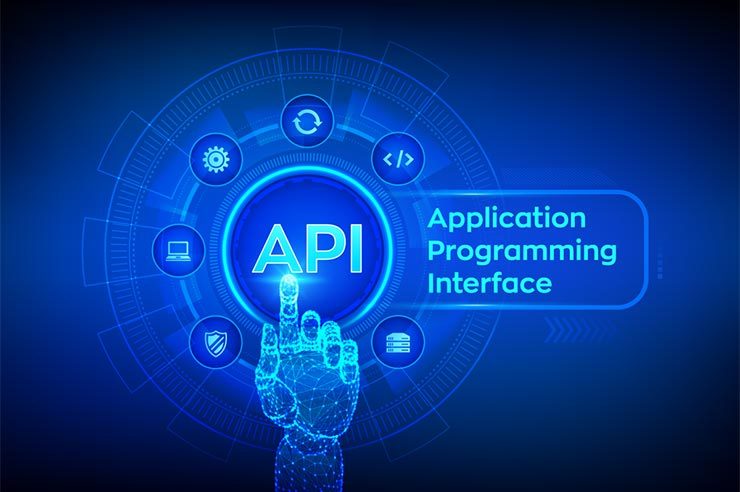The Potential Downsides of Implementing APIs
While it’s typical for a development company to focus on the rose-colored positives of a given implementation strategy, we thought it better to expose the thorny flip side of API (Application Programming Interface). We work with enterprise groups on a regular basis, and if we’ve learned one thing it’s that—as with most business decisions, including integration—the risks are just as important as the rewards.
Want to get the most out of your API implementation? Consider the following integration-related business threats, as well as how to properly prepare your company (and applications) for your next development.
Security Risks
Third-party APIs can be wrought with security risks. While it’s common for businesses to rely on these ready-made solutions, some could contain corrosive code that may bare holes in already vulnerable application platforms. The same goes for a poorly designed custom solution.
A security audit of the code—whether third-party or custom—by a professional programmer can minimize potential dangers by ensuring the integration method employs application development best practices.
Maintenance Risks
Testing and maintenance are major aspects of implementation, as well – and these phases aren’t without risk. An API often allows automation, a process that must work like a well-oiled machine. Like any device, if you misplace a cog or pull the wrong lever, the engine can stall.
For some businesses, regular API maintenance may mean tweaking code or installing updates; any of these adjustments can potentially gum up the works; however, experienced API developers can reduce the risk since they’re most comfortable with the wiring under an app’s hood (re: frontend).
Support Risks
With fresh integration comes change. Especially in the beginning, that change requires continued support. It’s important to consider what backup you’ll get on an ongoing basis with your new application integration. A support team is crucial to an implementation’s overall success.
If you’re implementing a third-party API, know that the company’s support may be temporary or even limited. Plus, there’s nothing to stop that same company from changing the coding language or other major aspects of the solution down the line – we recently saw this with the Google Maps Flash versus JavaScript Maps API v3.
Likewise, if you’re implementing a custom solution, you risk having an unacquainted IT team that’s slow to adapt. In some cases, you may need alternative staffing to help bring your workers up to speed.
Preparing for Implementation
Planning is key to a successful implementation. In addition to considering the issues above, businesses should build an experienced IT network capable of not only managing but minimizing API concerns. Ultimately, the integration solution matters just as much as the developer that’s implementing it.
Want less risk and more reward? Let us handle your website & app development project. Give us a call today and find out how we can help.
